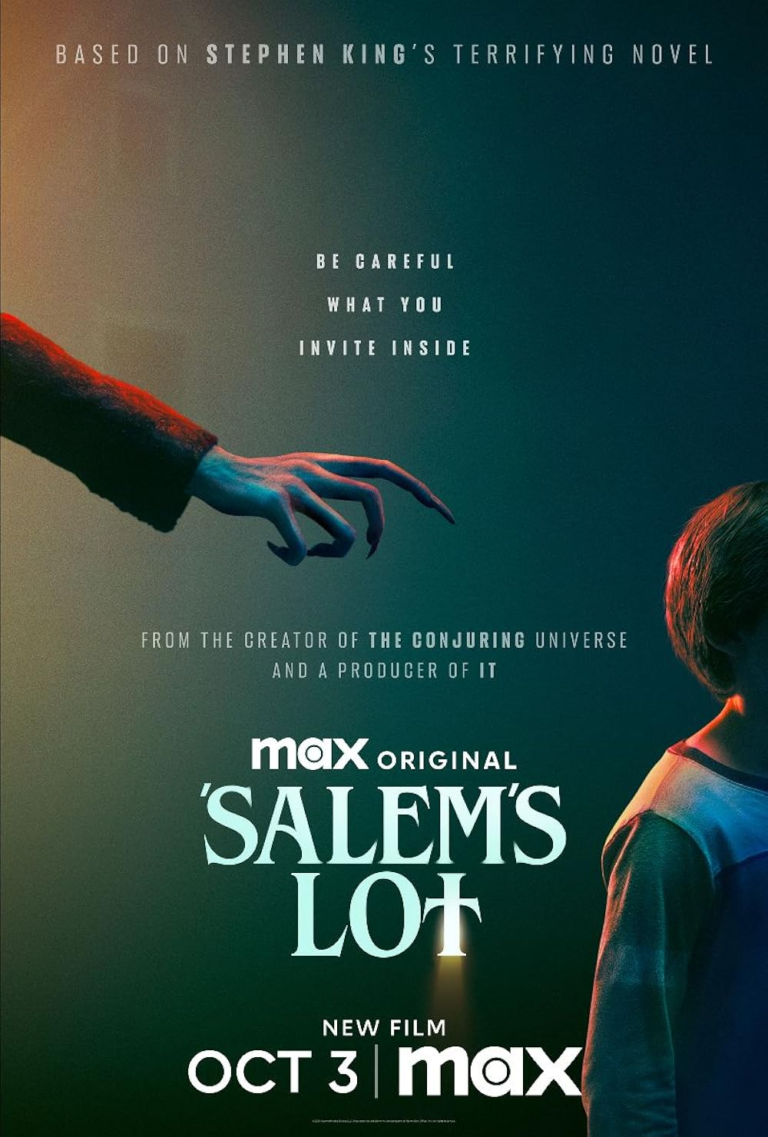Absolution Christian Review

A Gritty Take on a Familiar Story
Absolution, Hans Petter Moland’s latest, comes with all the grime and grit we expect from a crime thriller, especially one set in the often shadowy, mist-draped landscape of New England. At first glance, it seems like yet another chapter in the Liam Neeson Action Era—a genre practically unto itself by now. But this time, there’s a slightly different flavor. The direction by Moland lends a grittier feel, the visuals are raw, and there’s an almost tangible bleakness to the world that Neeson’s character roams. But is there more than just grime here? Is there anything redemptive or meaningful beneath the hard stares and grim settings?
For anyone accustomed to the usual vengeance-and-redemption arc of Neeson’s recent roles, Absolution might feel like home, and yet it’s clear Moland is aiming for something a touch more nuanced. There’s a restrained, almost detached perspective here, leaving the viewer to connect the dots between each gunshot and muttered confession.
The film’s aesthetic does plenty of heavy lifting—moody lighting, shadows heavy enough to weigh a scene down, and a score that broods alongside the action. It all suggests a world without much light, but you keep wondering: is there a spark of redemption hiding somewhere in this haze? Or has Absolution resigned itself to just showing us the darkness?
Neeson, the Reluctant Hero
What’s compelling about Neeson’s character here is that he’s tired, and the audience feels it. There’s no slick charm or energetic defiance in his stance; instead, he’s dragging himself through each moment. We’ve seen him play the haunted, brooding avenger so many times that it could feel stale by now, yet here he brings a weariness that feels slightly more authentic, even introspective. As he walks through this morally gray world, he doesn’t just seem burdened by his past actions but genuinely questioning the path he’s on.
In some ways, this fatigue feels fitting, and for Christians, this kind of character arc can resonate. It’s the story of someone haunted by his sins, perhaps looking for some kind of forgiveness or release, yet never really finding it. He’s inching toward an unspoken redemption, but the film never takes him all the way there. For those of us who believe in a grace that is freely given yet requires humility to receive, Neeson’s character feels close to something meaningful, even if the story leaves him circling just short of a transformative moment.
The Supporting Cast: Solid, But Caught in Shadows
Moland’s cast does plenty to flesh out this world, with side characters that bring an assortment of rough edges and morally dubious motives. They’re given room to brood and react, yet we rarely see anyone break past their tropes. These people are symbolic of a kind of moral ruin, each one a piece of the seedy puzzle that Neeson is trying to navigate. There’s talent in these performances, but the script seems almost too hesitant to let them breathe fully, to give them arcs as complex as the shadowed visuals suggest.
This decision keeps the supporting cast feeling shallow, and while it may be intentional to fit the bleak tone, it’s disappointing. When characters don’t fully come to life, they become parts of the scenery, their struggles minimized. The film leans into the shadows rather than trying to illuminate anything about these people. It’s a shame, as even in dark worlds, genuine humanity can be found—and stories become richer for it.
Style Over Substance? A Troubling Balance
Moland knows how to set a tone. Every frame looks designed to make us feel the grime under our nails, the weight of Neeson’s past, and the dreariness of a world largely devoid of light. This style gives the film atmosphere, but at times it overshadows the narrative. We have this beautifully crafted sense of despair and tension, but where is it leading? The movie’s aesthetic risks becoming an end in itself, rather than a means of showing us more about the characters or their world. The heavy, moody score only underscores this effect, a sort of incessant reminder that the world we’re peering into is broken, hollow, and lost.
This brings up an important point: Can style alone carry a film? For fans of slow-burn crime dramas, Absolution is a visual feast, but for those seeking meaning, it’s a bit lacking. This world feels real and fully developed, yet so full of darkness that it offers little room to breathe. Without a strong narrative, all this style becomes something of a mask, an aesthetic choice rather than an emotional core.
Violence and Moral Ambiguity
Now, let’s talk about what Christian viewers might find hardest to swallow—the relentless violence and the morally ambiguous world that Absolution shows. This is a story where the line between right and wrong is blurry, if not completely lost. The violence feels almost like a language of its own in this film, where people communicate and resolve conflicts through brutality. There’s an unfiltered look at what happens when people let anger and vengeance drive their choices, and while this can be an impactful storytelling choice, here it sometimes feels gratuitous.
Without a clear path to redemption or a sense of justice, the violence ends up feeling empty. Stories about flawed characters trying to claw their way to some kind of peace can be meaningful, but Absolution doesn’t seem to let anyone get close enough to change. It’s as if the film believes in darkness but not in light, and while there’s a place for that in storytelling, it’s hard to watch without some hope shining through.
Lingering on Darkness Without Redemption
The lack of a redemptive arc is where Absolution might lose its Christian viewers. We watch Neeson’s character struggle, we see the weariness in his eyes, but there’s no final moment of peace or forgiveness, no sense that his journey has brought him closer to something better. For believers, stories of redemption are powerful because they remind us of the hope and grace that transform lives. But Absolution shies away from this, leaving the audience with a sense of despair rather than closure.
The story hints at a character who is seeking something more, something beyond his own pain, but it never fully delivers. And while not every movie needs a happy ending, even tragic stories can offer glimmers of redemption. This one leaves its audience lingering in the darkness, as if afraid to let any light in.
Final Thoughts: Beautiful but Hollow
In the end, Absolution feels like a gorgeously shot, emotionally complex, and ultimately unsatisfying film. For those who appreciate the art of filmmaking, Moland’s direction is worth noting, as is Neeson’s raw performance. But as a story, it leaves much to be desired. There’s beauty here, no doubt, but it’s the kind that weighs on the heart rather than lifting it. For some, that’s enough; for others, it will feel lacking, especially if you’re hoping for a story with a redemptive message.
As a Christian, you might walk away from Absolution feeling that it was a journey without a destination, a path through darkness that never reaches the dawn. And while that might be true to life at times, storytelling has the power to offer more—to show us glimpses of grace even in the darkest places. This film could have been that story, but it stops just short. Absolution earns a 6.5 out of 10, a film worth watching for its style but one that ultimately feels as bleak and unresolved as the world it depicts.






